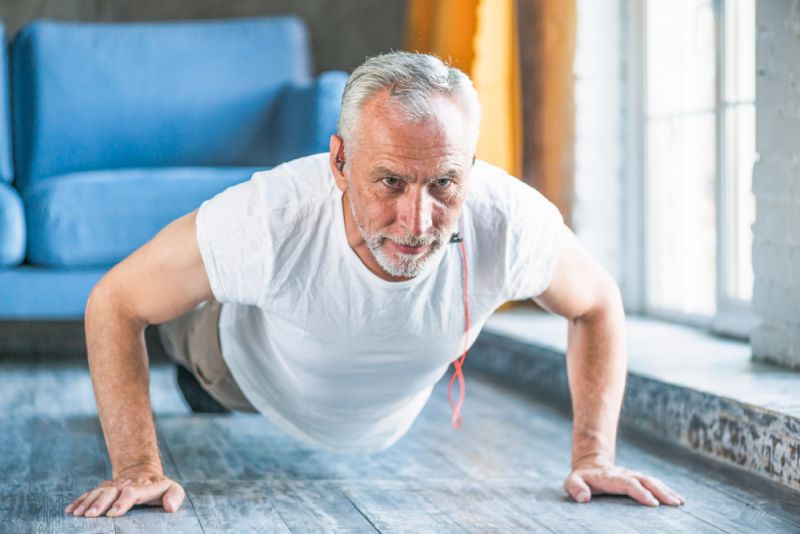Introduction
Physical activity and regular exercise play a crucial role in maintaining the health and well-being of seniors
residing in care homes. Exercise not only contributes to physical fitness but also has numerous mental and
emotional benefits. In this blog, we will explore the importance of regular exercise for seniors in care homes
and discuss how incorporating physical activity into their daily routine can enhance their overall quality of
life.
Physical Health Benefits
Regular exercise has a positive impact on various aspects of physical health for seniors. Engaging in activities
such as walking, gentle stretching exercises, or chair-based exercises helps improve cardiovascular health,
maintain joint flexibility, and enhance muscle strength. Exercise also aids in managing weight, reducing the risk
of chronic diseases like diabetes, and improving bone density, which is particularly important for seniors at
risk of osteoporosis.
Mental and Emotional Well-being
Exercise is not only beneficial for physical health but also has a profound impact on mental and emotional
well-being. Physical activity releases endorphins, the feel-good hormones that promote a positive mood and
reduce symptoms of anxiety and depression. Regular exercise can enhance cognitive function, improve memory and
concentration, and boost overall mental clarity. It also provides an opportunity for social interaction,
reducing feelings of loneliness and isolation commonly experienced by seniors in care homes.
Enhanced Quality of Life
By incorporating regular exercise into their daily routine, seniors in care homes can experience an enhanced
quality of life. Physical activity increases energy levels and improves sleep patterns, resulting in better
overall vitality and enjoyment of daily activities. Exercise promotes independence and functional ability,
allowing seniors to maintain their mobility and perform daily tasks with greater ease. It also contributes to a
sense of accomplishment and empowerment, fostering a positive self-image and improving self-esteem.
Safe and Accessible Exercise Programs
When implementing exercise programs for seniors in care homes, it is crucial to ensure they are safe, tailored to
individual needs, and enjoyable. Care homes can collaborate with qualified exercise professionals or physical
therapists to design appropriate exercise programs that consider any existing medical conditions or physical
limitations. Group exercise classes, adapted yoga or tai chi sessions, and gentle strength training programs can
be organized within care home settings, providing opportunities for seniors to engage in regular physical
activity in a supportive environment.




